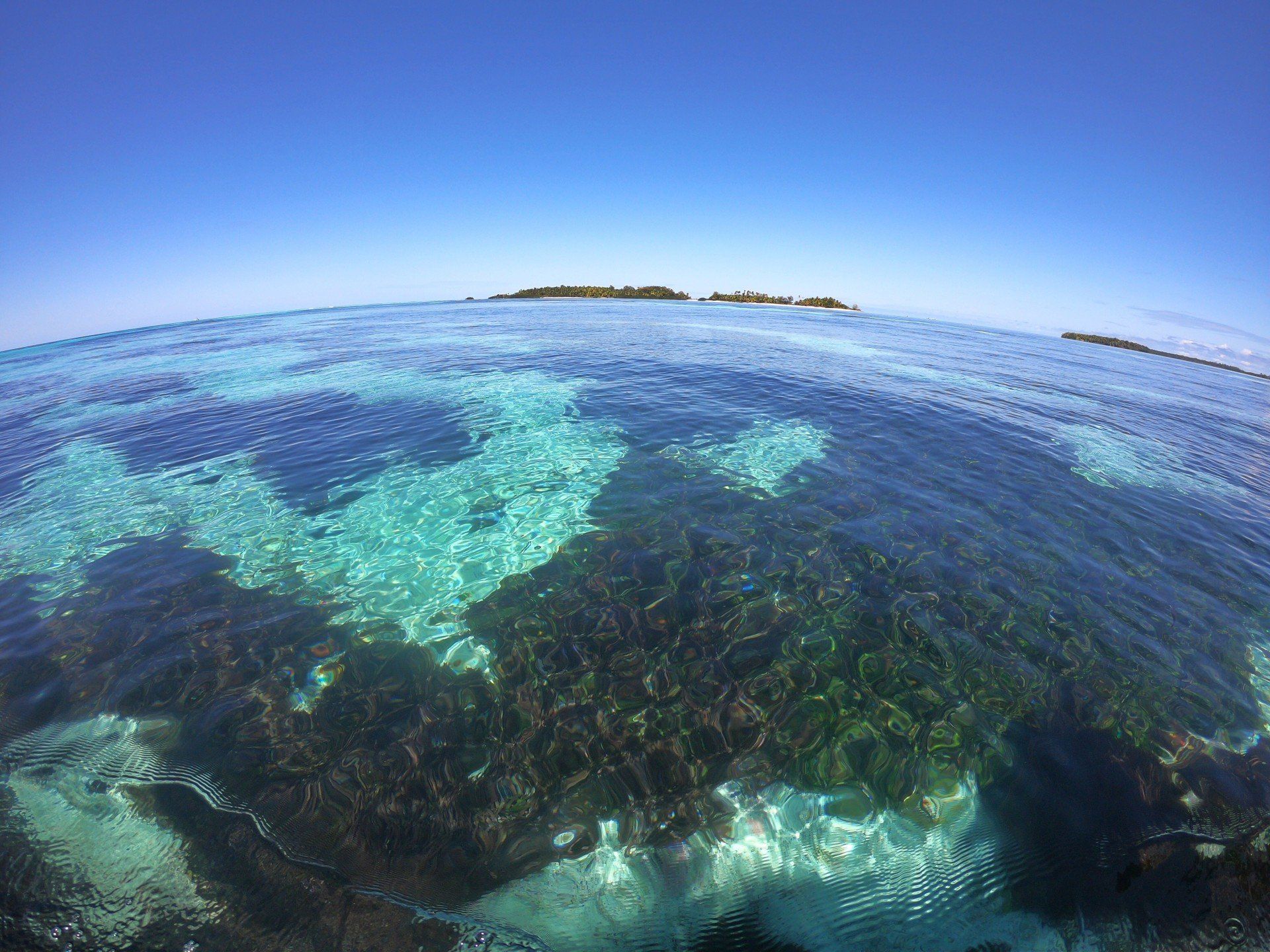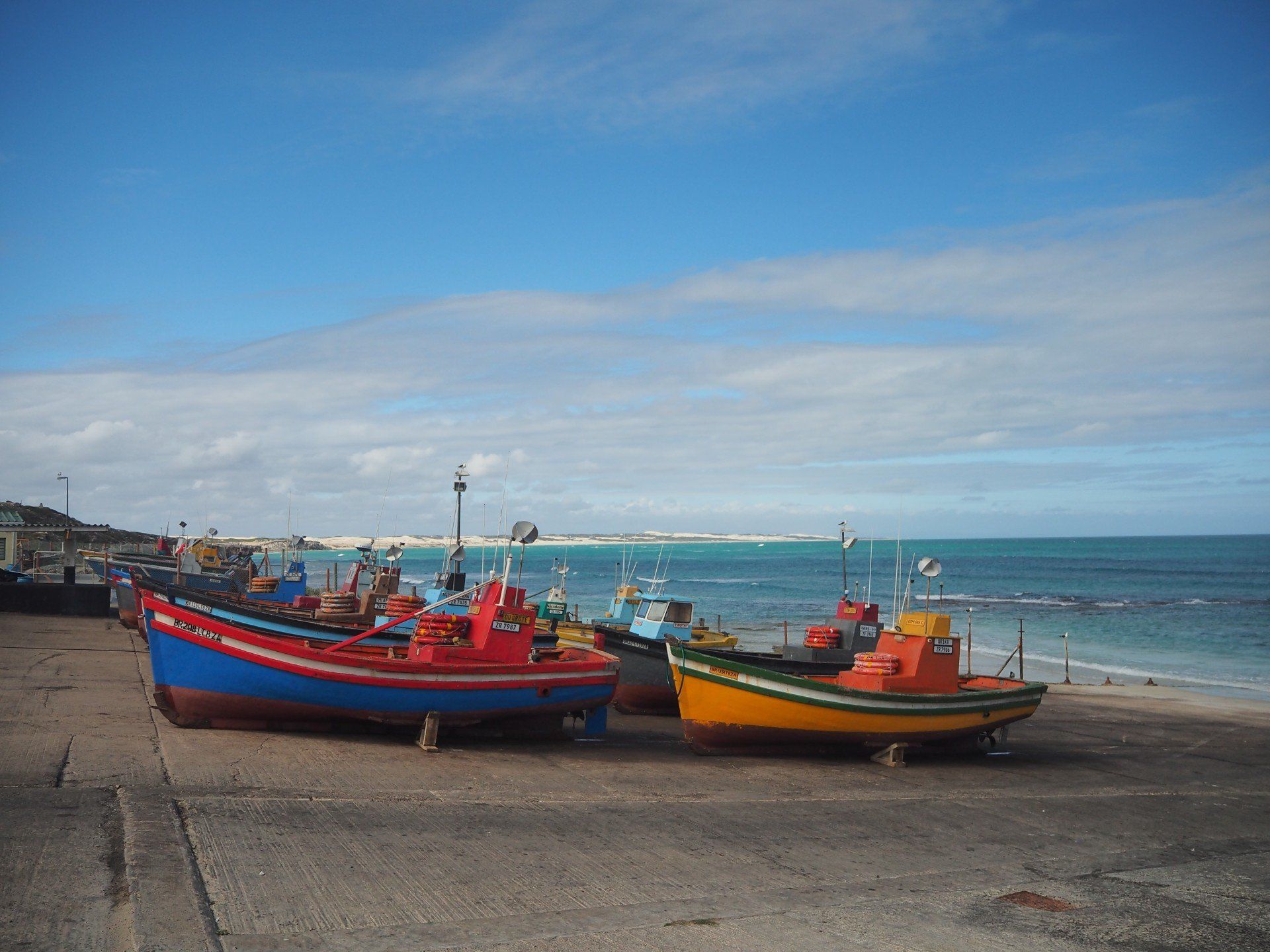World Environment Day- Time for Nature
World Environment Day is the biggest annual event for positive environmental action and helps to get governments, businesses, and citizens to focus their efforts on a pressing environmental issue. The first WED began in 1972, and has a different hosting country each year. This year Colombia, in partnership with Germany, will be at the centre of celebrations across the globe (mostly virtual ones this year of course).
This World Environment Day it’s ‘Time for Nature’ and a chance for everyone to celebrate biodiversity. Everyone enjoys being out in nature, but not everyone realises how heavily humans rely on it to survive. Nature is more than just a pretty picture - it supplies us with essential services. We are the ones who require it to live, but also the ones who are destroying it.
Biodiversity loss around the world is unprecedented. One million plant and animal species are facing extinction (United Nations, 2019). Humans are part of the ecosystem and would not continue to survive in isolation, which means we are also in danger. Biodiversity is essential for the survival of all living things big and small. The air we breathe and the temperature that makes Earth habitable, the food we eat and the water we drink all come from nature. Everything is connected in the web of life and biodiversity is the foundation that supports it all. Human actions have pushed nature beyond its limits and now biodiversity loss is an urgent problem, both on land and in the oceans. If you lose one part of the web, it can have negative consequences for the rest of the system, as nothing works in isolation. There has never been a more important time to focus on the issue of biodiversity.
Marine ecosystems represent some of the most heavily exploited ecosystems throughout the world
and are experiencing an accelerated decline of species. This biodiversity loss
is threatening the ocean’s valuable ecosystem services (benefits provided to
humans). Ten percent of the world’s population depends on fisheries for their
livelihoods. The oceans also provide important regulatory services; they act as
a carbon sink and marine plants produce more than half of our atmosphere’s
oxygen (United Nations, 2020). Other services include recreation, tourism,
transportation and education. Coral reefs and mangroves are essential marine
habitats because they protect countries from storms and act as nurseries to
shelter young fish.
Coral reefs only cover 0.5% of the ocean floor, but they support almost 30% of the world’s marine fish species. Their loss has massive implications for biodiversity and for the millions of people who depend on them for work, food and protection from waves and natural disasters in more than 100 countries across the tropics (Morrison et al., 2019). Over the last 100 years global coral reef cover has been reduced by half. All the coral reefs in the world could be gone by 2070 if global heating continues on its current path (IPCC, 2018). Since 1998, heatwaves have bleached or killed corals in more than 90% of reefs listed as World Heritage sites worldwide. These are some shocking figures, and sadly the same sort of trends can be seen again and again across all different types of ecosystems.
The biodiversity theme is very topical because the UN Biodiversity Conference (COP15) is scheduled to take place later this year (currently postponed due to the coronavirus). Governments from around the world will come together to agree a new set of goals for nature over the next decade. The framework will outline a plan to implement a change in society’s relationship with biodiversity and to ensure that, by 2050, the vision of living in harmony with nature is fulfilled. The main aims will include halting biodiversity loss and restoring nature.
Biodiversity, and the current unprecedented decline of species on Earth due to human activities, is a very broad topic and one you cannot learn everything about it in just one day! However, by educating yourself, and getting involved with this World Environment Day, you are helping to spread the word and get the importance of this information out into the world.
For more information on this year’s World Environment Day and how you can take part, visit their website- www.worldenvironmentday.global.
You can also use the hashtag #ForNature to share what you are doing.
© Ocean Research & Conservation Ireland (O.R.C.Ireland) and www.orcireland.ie , est. 2017. If you like our blogs on the latest news in marine science and would like to support our work, visit www.orcireland.ie to become a member, to volunteer or to make a donation today. This article has been composed based on credible sources.
References:
Intergovernmental Panel on Climate Change. Special Report on Global Warming of 1.5 °C (IPCC, 2018).
Morrison, T., Hughes, T.,
Adgar, W., Brown, K., Barnett, J., Lemos, M. 2019. Save Reefs to Rescue all
Ecosystems. Nature 573, 333-336.
United Nations. 2020. World Environment Day 5 June. Available at: https://www.un.org/en/observances/environment-day (Accessed 03/06/20)
United Nations. 2019. UN Report: Nature’s Dangerous Decline ‘Unprecedented’; Species Extinction Rates ‘Accelerating’ Available at: https://www.un.org/sustainabledevelopment/blog/2019/05/nature-decline-unprecedented-report/ (Accessed 04/06/20)
World Environment Day. 2020. Time For Nature. Available at: https://www.worldenvironmentday.global (Accessed 03/06/20)
SHARE THIS ARTICLE















